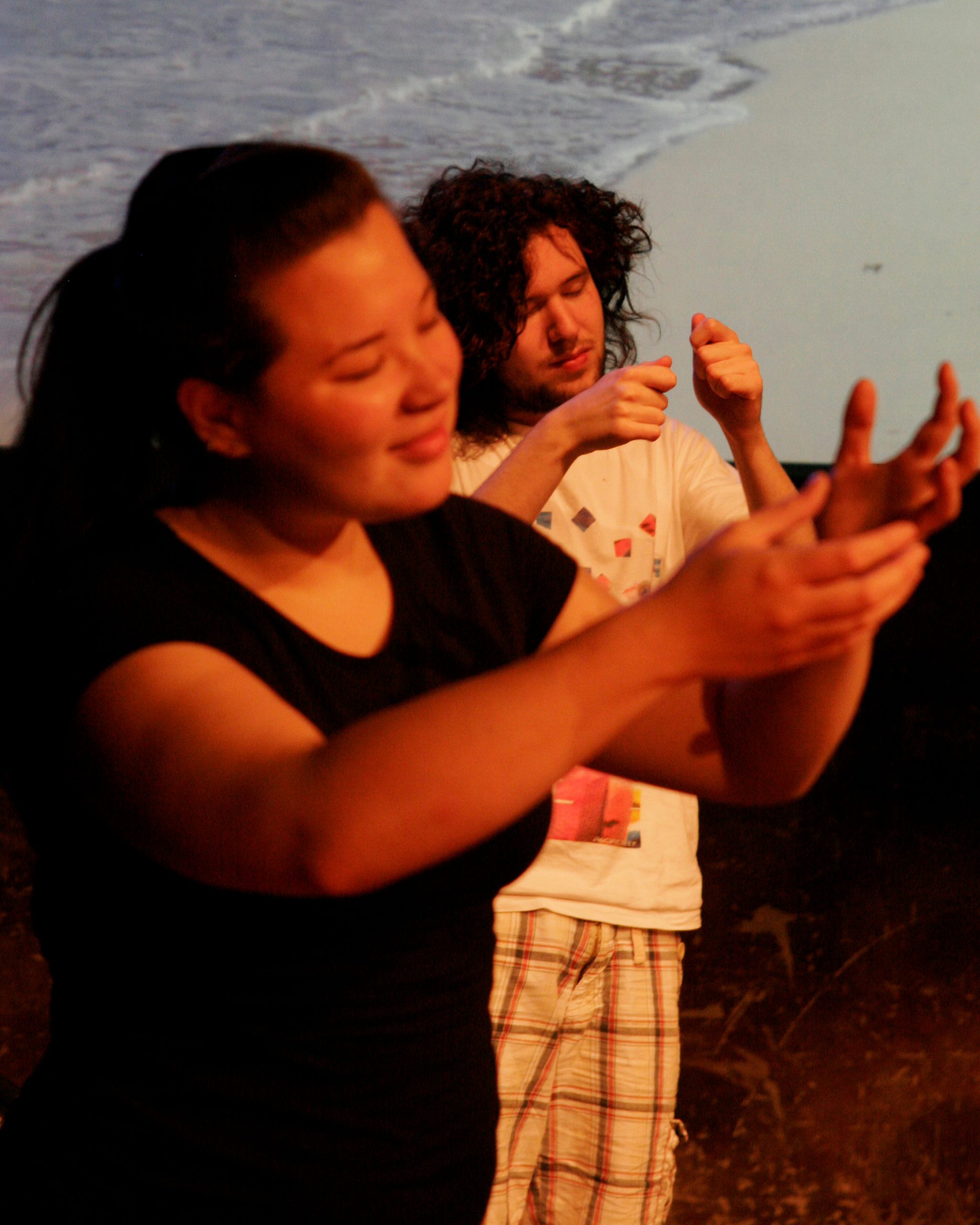Case Study
The Blackwood Foundation

Partners
University of Glasgow
University of Strathclyde
Sectors
Social Enterprise and Third Sector
Regions
Edinburgh & Lothians
Edinburgh-based Blackwood Foundation has researched how design and technology affects the day to day lives of Scotland’s disabled population.
The nationwide research enables housing associations and disability bodies to understand the living experiences of those with a disability, sensory impairment or support requirements, through identifying what works effectively in the home environment.
The Business Challenge
In 2010, and working in partnership with Capability Scotland, The Blackwood Foundation held 11 workshops throughout Scotland to gather the views of the disabled on what pleased or frustrated them with design and technology across a range of contexts in terms of independent living.
These workshops were also observed by industry representatives from local authorities and housing associations.
The Blackwood Foundation required an academic partner to document these workshops and produce a post-project research report for future use.
The Solution
Interface facilitated an introduction between The Blackwood Foundation and Phillippa Robertson-Rieck and Nick Watson from Strathclyde’s Centre for Disability Research, School of Social and Political Sciences at the University of Glasgow.
The academic team compiled data collected from 97 disabled individuals. The data itself was segmented into three technology categories – ‘generic’, ‘specific’ and ‘appropriated’.
‘Generic’ refers to technologies aimed at enabling independence such as computers, remote controls and cooking aids. ‘Specific’ refers to technologies and design, including specific domestic applications and designs, aimed at enabling independence which have been specialised for certain disabled people. ‘Appropriated’ includes examples of both design and technology where disabled people have been innovative in creating their own solutions.
This collaboration resulted in the report ‘Design and Technology as an Aid to Living Independently: Disabled people’s views and experiences’.
Key findings included:
• Inaccessibility and inappropriate design was the single most important and common design frustration, i.e. the width of fixtures and fittings, plug sockets too low down; kitchen cabinets too high or low; inappropriate door handles; inappropriate taps and inaccessible bathrooms
• Access to computers and the internet was central to the lives of many participants and the reliability of an internet connection was a major problem
• Level access was seen as a crucial design feature that facilitated independence and accessibility
The Blackwood Foundation has launched a social media site which acts an information forum for the disabled and those in the relevant disability fields to share knowledge and increase awareness of design and technology solutions available to them.
Keep up with the Blackwood Foundation here.


